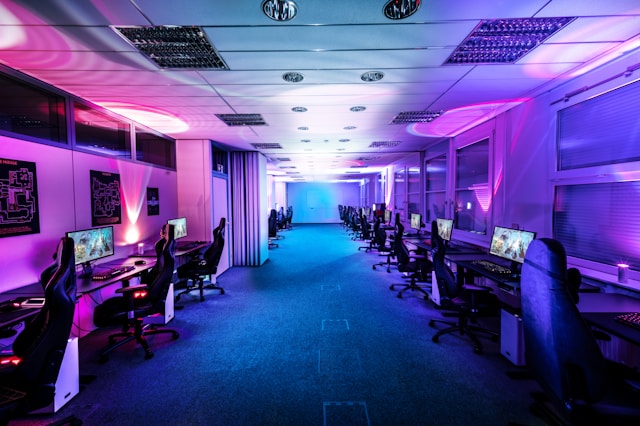Navigating the World of Esports: Strategies for Developing Talent and Building Winning Teams
Esports has evolved from niche entertainment to a globally recognized competitive sport, drawing in millions of enthusiasts and aspiring professionals. This transition has catalyzed the need for structured approaches to talent development and team building in esports. This article explores effective strategies for nurturing talent and constructing teams that can succeed at the highest levels of competition.
Talent Scouting in Esports
Scouting in esports is increasingly mirroring traditional sports, with scouts looking for players who not only have exceptional skill but also demonstrate strategic thinking, adaptability, and potential for growth. Identifying talent goes beyond assessing individual performance; scouts must evaluate how players work within team dynamics, their communication skills, and their ability to stay resilient under pressure.
Building a Balanced Team
The key to building a successful esports team lies in balance and diversity. A well-rounded team should encompass a range of roles suited to different game strategies, including leaders, strategists, and support players. Each member’s skills should complement the others’, creating a cohesive unit that can adapt to various competitive scenarios. Ensuring that team members share a common goal and work ethic is crucial for fostering team unity and commitment.
Training and Development
Effective training programs are vital for developing esports talent. These programs should include technical skill development, strategic game play analysis, and physical and mental fitness routines. Integrating technology, like virtual reality simulations and AI-driven analytics, can further enhance training efficiency and effectiveness.
Moreover, providing continuous learning opportunities is essential for keeping the team competitive, as the landscape of esports is constantly evolving with new games and changing strategies.
Psychological Support
The intense pressure to perform can take a toll on players’ mental health. Incorporating psychological support into team management can help players deal with stress, anxiety, and the effects of public scrutiny. Regular sessions with sports psychologists and access to mental health resources can enhance player well-being and improve overall performance.
Leveraging Team Dynamics
Understanding and leveraging the dynamics of team interaction can significantly impact performance. Effective communication, conflict resolution skills, and a supportive team culture are all important. Team-building activities that are not related to gaming can also help strengthen relationships and improve cooperation during competitions.
The Role of Coaching
Coaches in esports play a multifaceted role, from developing game-specific strategies and analyzing opponent tactics to mentoring players and managing the team. A good coach will also foster a positive and productive training environment and help players navigate the challenges of a competitive esports career.
Conclusion
Building a successful esports team requires more than just assembling the top players; it demands a strategic approach to talent development, team composition, and ongoing support. With the right strategies in place, teams can not only achieve competitive success but also sustain it over time.
For additional resources on maintaining physical and mental health in the competitive world of gaming, Wakanda33 offers a wealth of information. Understanding the holistic needs of esports athletes is crucial for anyone looking to make an impact in this dynamic field.
As esports continues to grow, the strategies for developing talent and building teams will evolve, but the foundations of teamwork, support, and continuous improvement will remain key pillars of success.




